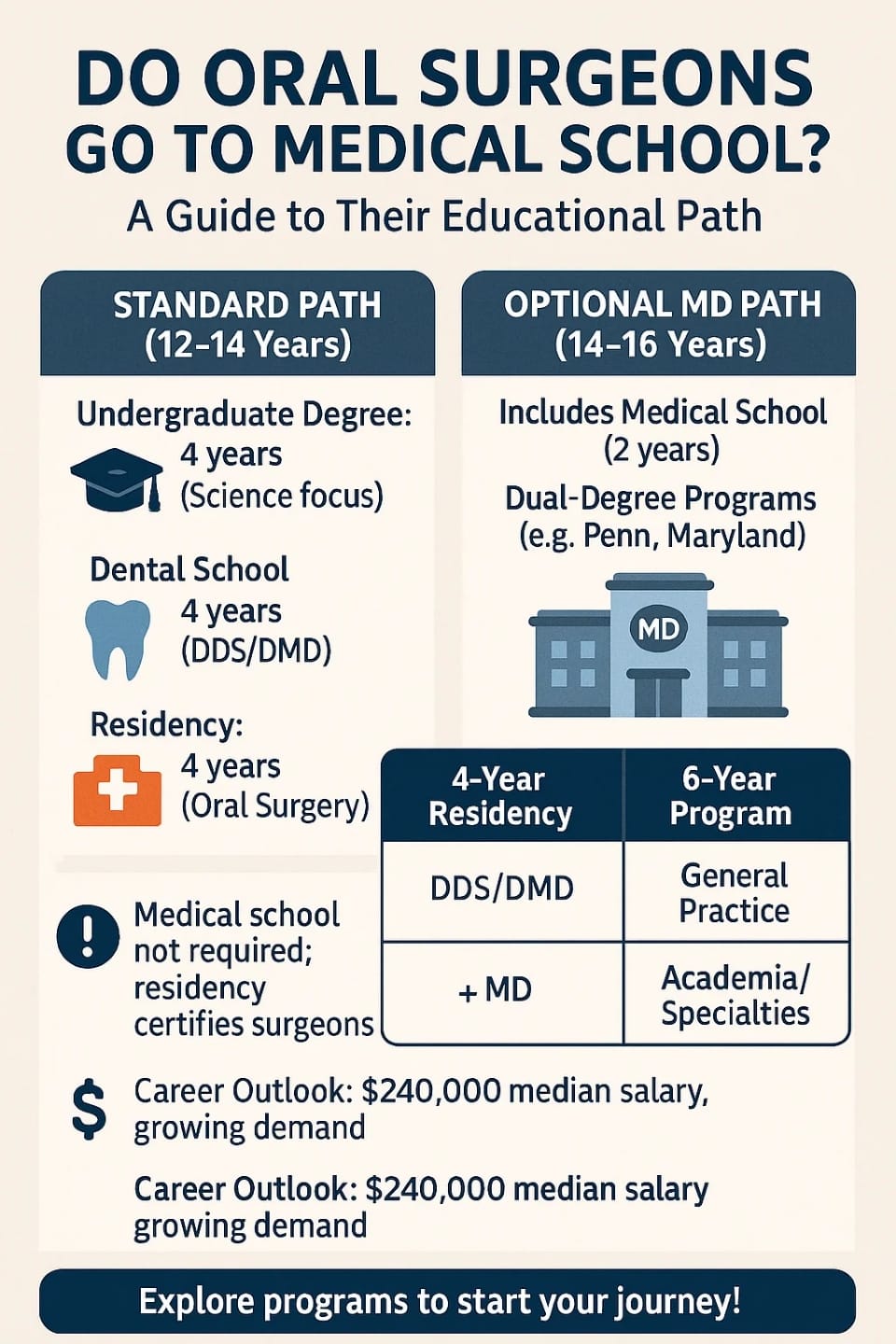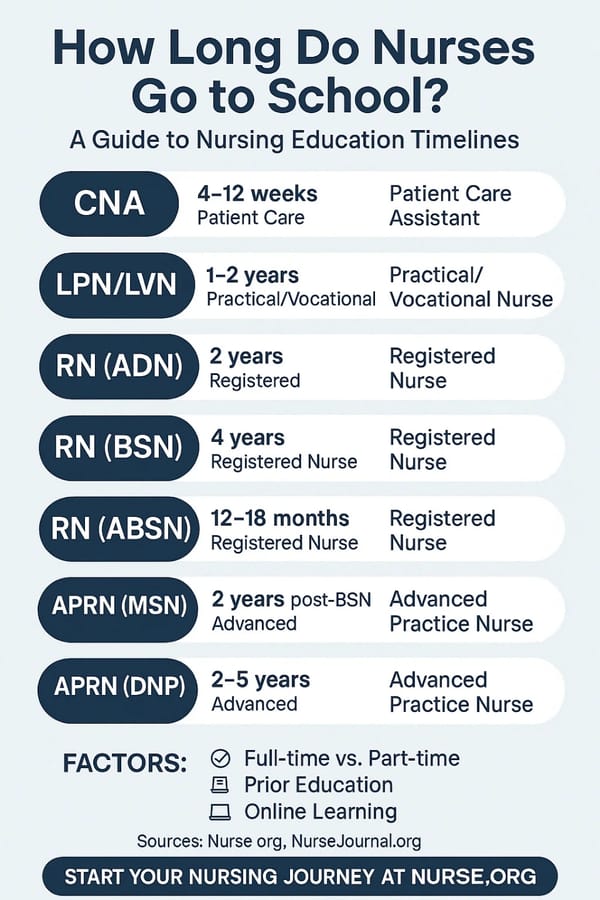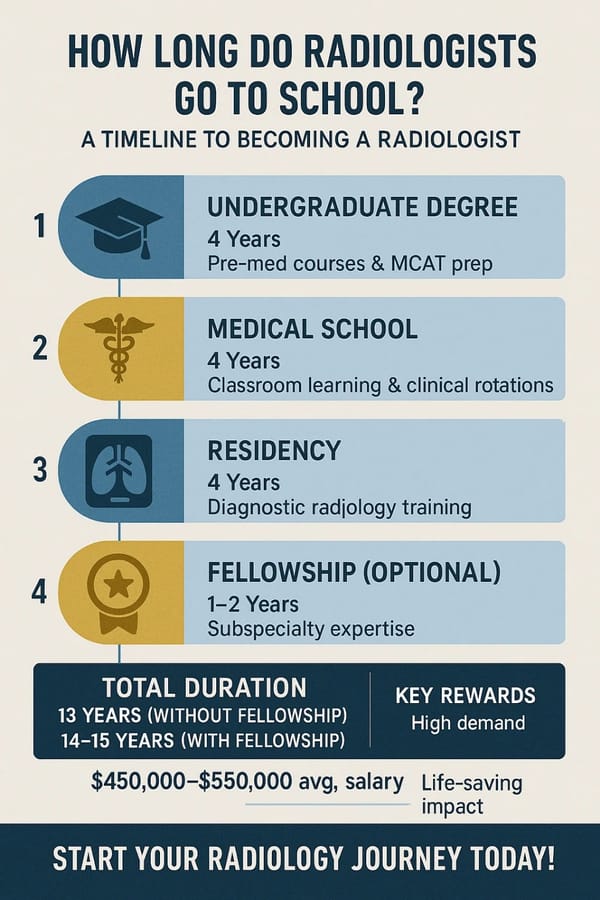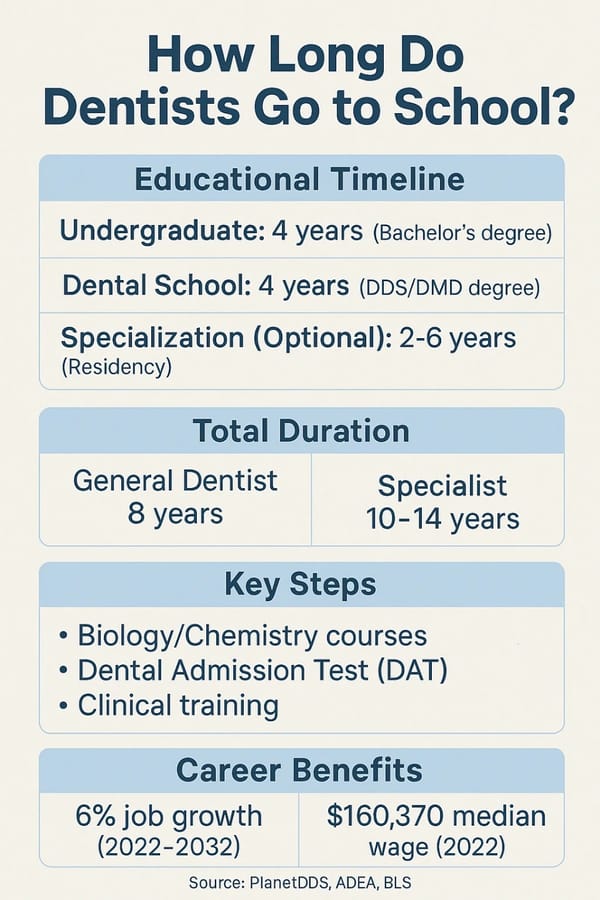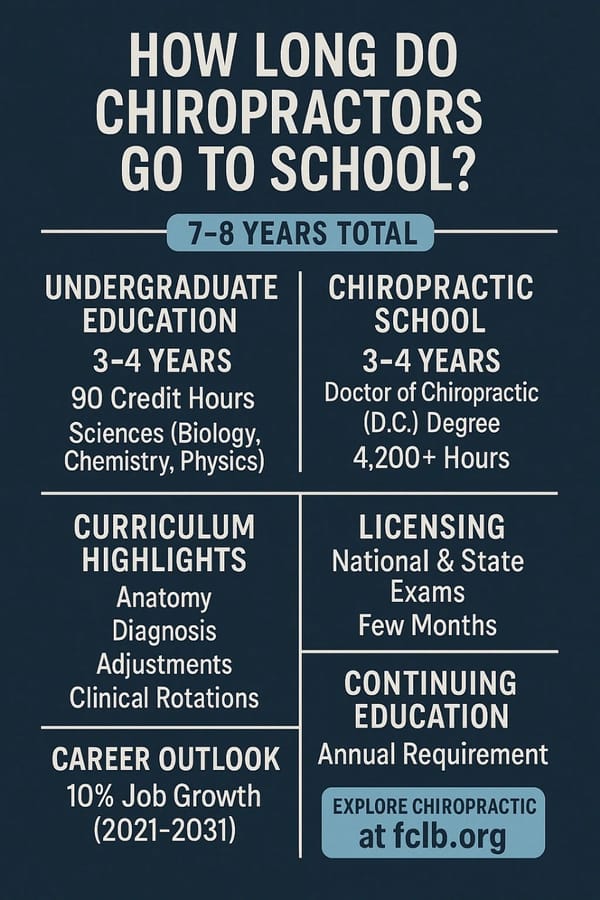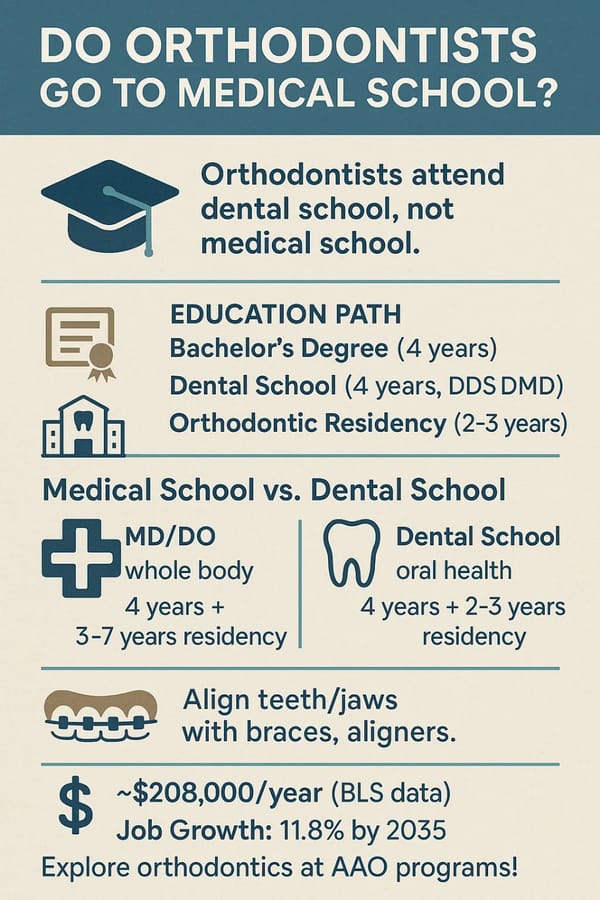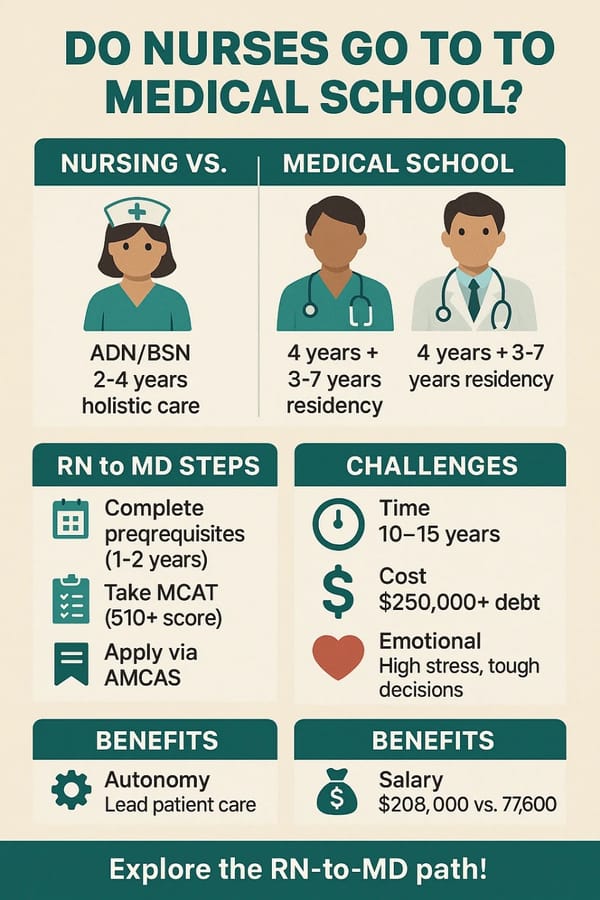Do Oral Surgeons Go to Medical School? A Comprehensive Guide
The title oral surgeon evokes images of a skilled professional performing intricate surgeries on the mouth, jaws, or face. But what does it take to earn that title? A common question is whether oral surgeons attend medical school. The short answer: not always, but sometimes. This article provides an in-depth exploration of the educational path for oral surgeons, addressing whether medical school is necessary, why some choose it, and how it shapes their careers. Written for aspiring dental professionals, curious patients, or anyone interested in healthcare careers, this guide offers clear explanations, practical advice, and a personal touch to make the journey relatable.
What Is an Oral Surgeon?
Oral surgeons, also known as oral and maxillofacial surgeons (OMFS), are dental specialists trained to perform surgical procedures on the mouth, jaws, and face. Their work spans routine tasks like wisdom tooth extractions to complex operations such as jaw realignment, facial trauma repair, cleft palate correction, and even oral cancer treatment, often in collaboration with medical teams.
Their practice blends dentistry and medicine, sparking curiosity about their training. Do they follow a dental path, a medical one, or both? Let’s dive in.
The Role of Oral Surgeons in Healthcare
Oral surgeons stand out by combining dental expertise with surgical precision. Unlike general dentists, who focus on preventive care and minor treatments, oral surgeons tackle cases requiring anesthesia and advanced techniques. Their training equips them to work in diverse settings—private practices, hospitals, or interdisciplinary clinics alongside oncologists or plastic surgeons.
This unique role often prompts the question: Does their education include medical school, or is dental school enough?
The Standard Path to Becoming an Oral Surgeon
Becoming an oral surgeon typically requires 12 to 14 years of education and training. Here’s the standard route:
Undergraduate Degree (4 Years)
The journey begins with a bachelor’s degree, often in a science field like biology or chemistry. This stage lays the groundwork for dental school, covering prerequisites such as anatomy and physiology. Reflecting on my own exploration of healthcare careers, I remember the challenge of picking a major—science courses were tough but exciting, knowing they’d open doors to advanced studies.
Dental School (4 Years)
Next is dental school, where students earn a Doctor of Dental Surgery (DDS) or Doctor of Medicine in Dentistry (DMD). These equivalent degrees cover dental sciences, clinical practice, and patient care. Dental school is rigorous, blending lectures with hands-on training. Graduates become licensed dentists, but oral surgery demands further specialization.
Residency in Oral and Maxillofacial Surgery (4 Years)
After dental school, aspiring oral surgeons enter a four-year hospital-based residency. Here, they develop surgical skills, learning to administer anesthesia and perform complex procedures. Residents work with medical professionals, gaining practical experience. It’s a demanding phase, but it transforms dentists into qualified surgeons.
This path—undergraduate studies, dental school, and residency—is the most common, as outlined by the American Board of Oral and Maxillofacial Surgery. It’s sufficient for certification and practice. So, where does medical school come in?
Do Oral Surgeons Need Medical School?
No, medical school isn’t required to become an oral surgeon. The American Board of Oral and Maxillofacial Surgery certifies surgeons based on completing an accredited residency and passing exams, not on holding an MD. A DDS or DMD, paired with residency, qualifies you to practice.
However, some oral surgeons opt for medical training through dual-degree programs or integrated residencies. This choice adds complexity but offers unique opportunities. Let’s explore why.
Integrated Programs with Medical School
Some programs combine oral surgery training with medical education, typically lasting six years. These tracks award both a DDS/DMD and an MD, preparing surgeons for versatile roles. Examples include:
-
The University of Pennsylvania School of Dental Medicine offers a six-year program where residents earn an MD from the Perelman School of Medicine alongside oral surgery certification. The curriculum balances medical coursework with surgical rotations.
-
The University of Maryland School of Dentistry provides a six-year track, including two years of medical school. Residents gain advanced standing after passing medical board exams, with rotations in areas like head and neck pathology.
These programs attract those aiming for academic careers or specialties like head and neck oncology. They’re challenging, with extended training, but provide a robust medical foundation.
Why Skip Medical School?
For most oral surgeons, a four-year residency suffices. It’s focused, hands-on, and tailored to their specialty. Adding medical school can split time between medical studies and surgical practice, potentially reducing specialized training. Many build thriving careers in private practice or hospitals without an MD, relying on their dental and surgical expertise.
Comparing the Pathways
Here’s a table comparing the standard and dual-degree paths for clarity:
| Aspect | Four-Year Residency | Six-Year Dual-Degree Program |
|---|---|---|
| Duration | 4 years post-dental school | 6 years post-dental school |
| Degrees Earned | DDS or DMD | DDS/DMD + MD |
| Medical School | Not included | Included |
| Training Focus | Intensive oral surgery experience | Broader medical and surgical training |
| Career Opportunities | General practice, private clinics | Academia, research, specialized fields |
| Total Time | 12–14 years | 14–16 years |
This comparison highlights trade-offs: speed and specialization versus breadth and versatility.
Why Pursue an MD?
The decision to pursue an MD depends on career goals. Reasons include:
-
Academic and Research Roles: An MD bolsters credentials for teaching or research, especially in interdisciplinary settings. Universities often favor dual-degree faculty.
-
Specialized Fields: Areas like facial cosmetics or oncology benefit from medical knowledge, enhancing collaboration with specialists.
-
Hospital Integration: In complex cases, an MD signals broader training, easing teamwork with medical professionals.
My cousin, a surgeon, found his dual training invaluable in high-pressure settings. Yet, many colleagues excelled without it, showing an MD isn’t essential.
Career Outlook for Oral Surgeons
Oral surgery offers strong prospects and rewards. The U.S. Bureau of Labor Statistics projects steady demand, fueled by an aging population and dental advancements. Key insights include:
- Salary: Median annual earnings are around $240,000, varying by location and experience.
- Work Environment: Options include private practices or hospitals, providing flexibility.
- Specialization: Fellowships in fields like cleft surgery or oncology enhance expertise.
Whether you choose the standard path or an MD, oral surgery promises impact and growth.
Practical Tips for Aspiring Oral Surgeons
If you’re eyeing this career, here’s how to navigate the path:
- Excel in undergrad: Focus on science courses and maintain a strong GPA for dental school admission.
- Research programs: Explore residencies early. Check if dual-degree options, like those at Penn or Maryland, align with your goals.
- Shadow professionals: Spend time with oral surgeons to understand the field. Shadowing a dentist clarified my own healthcare interests.
- Plan finances: Dental school and residency are expensive. Seek scholarships or loan forgiveness programs.
These steps can steer you toward a fulfilling career.
Conclusion: Your Path, Your Choice
Do oral surgeons go to medical school? Not necessarily, though some choose to. The standard path—dental school and a four-year residency—prepares most for success. Programs like Penn’s, which add an MD, cater to those eyeing academia or specialized fields, but they’re optional.
Consider your goals: Are you drawn to hands-on surgery or research? Oral surgery demands precision and offers profound impact, whether you take the shorter or longer road. Curious to learn more? Research programs or connect with professionals to chart your path.
